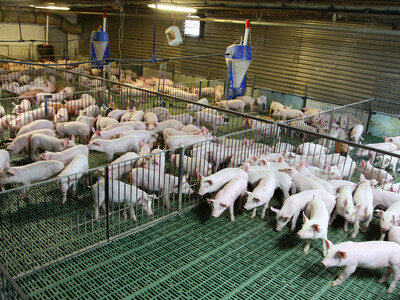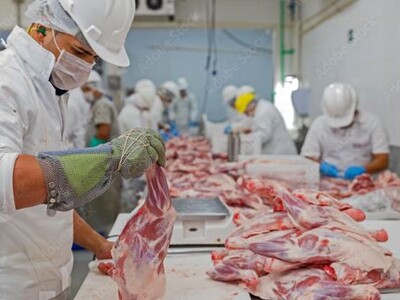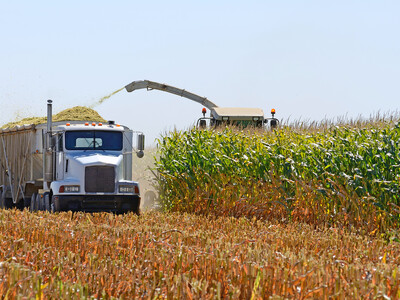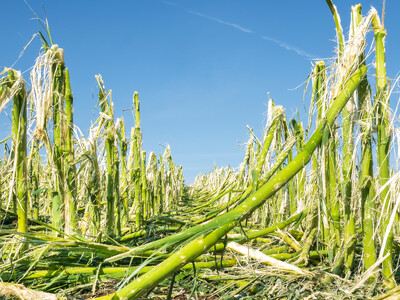Limiting the EPA
Limiting the EPA. I’m Greg Martin with today’s Line On Agriculture.
Fuel prices are already headed through the roof. The proponents of the Energy Tax Prevention Act say those prices will skyrocket even further if the Environmental Protection Agency is able to put greenhouse gas limits on buildings like power plants and oil refineries.
KRAUSE: EPA regulation is going to have a double whammy on farmers and ranchers. Even if farms and ranches aren’t regulated initially under the regulatory scheme, the cost that power plants and manufacturers are going to incur for them to comply with this regulation, those costs get passed down to consumers like farmers and ranchers and that results in higher fuel, fertilizer and energy costs.
American Farm Bureau Regulatory Specialist Rick Krause says while farms and ranches wouldn’t be directly regulated by new EPA rules initially, they would be phased in over time.
KRAUSE: This directly will affect a lot of farmers and ranchers. Farmers and ranchers that are above the 100-ton statutory threshold will be required to get permits. EPA has said those permits will cost an average of about $23,000 each and EPA estimates that there are over 37,000 farms that would be required to get permits once the Clean Air Act is fully implemented. USDA says that these operating permits will also be required for about 90 percent of the livestock production in the United States.
And Krause says ultimately consumers will also see higher food prices.
KRAUSE: Food prices will go up directly as a result of regulation of power plants and refineries because of food processing and transportation. Consumers of products that are processed and transported will also see higher prices and that means higher food prices.
And Krause says there’s no good reason for it.
KRAUSE: What do you really get out of it? What’s the benefit from this? The benefit according to EPA is that it will reduce global temperatures by 0.006 degrees Centigrade by 2100. So the effect is small. EPA has acknowledged the fact that unless the rest of the world is onboard and works to reduce emissions that unilateral action by the United States through the EPA will have little or no effect on global climate change.
Krause says without this legislation many farmers could be squeezed out of business. That’s today’s Line On Agriculture. I’m Greg Martin on the Ag Information Network.

















